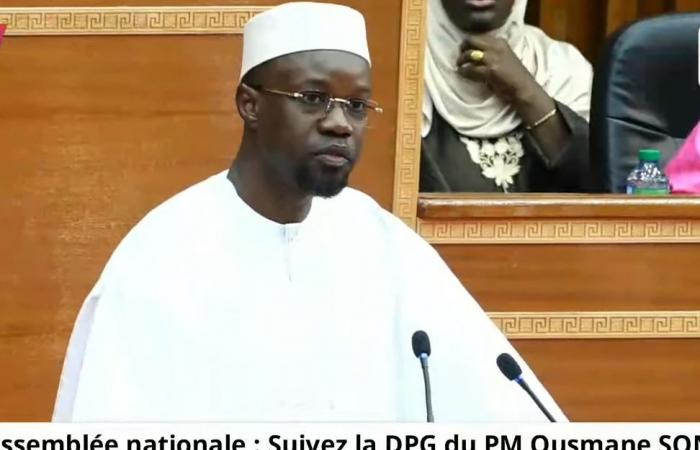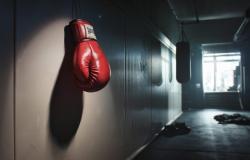Sixty-four years after independence, Prime Minister Ousmane Sonko deplored, this Friday during his general policy declaration, that “Senegal remains locked in the economic model inherited from colonization”. He describes a country which “continues to export its raw materials such as gold, fish, zircon, phosphate, oil and soon gas – without real added value, while massively importing finished products.”
The enormous trade balance deficit, which exceeded 5,300 billion CFA francs in 2023, or nearly 30% of GDP, and which continues to widen each year, illustrates, according to Ousmane Sonko, the weak competitiveness of the Senegalese economy. Since 1960, the country’s average economic growth has been just 3.1%, while the population has grown by 2.7% per year on average. As a result, real income per capita has not increased. “The Senegalese often find themselves with incomes equivalent to those at independence, or even in a more precarious situation,” he observed.
This weak growth is concentrated in a few regions, mainly the Dakar–Thiès–Mbour triangle. The reality of the figures since independence shows that Senegal is caught in a vicious circle of underdevelopment and poverty: poorly processed local raw materials, a national private sector in difficulty, uncompetitive sectors, structurally weak growth and fragile, and a poorly developed and impoverished territory.
The Prime Minister also spoke of the discomfort of disillusioned youth, deprived of prospects in their own country. The jobs created are far too low to respond to the annual influx of young people into the job market.






